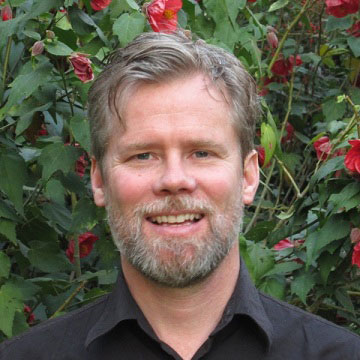About
We define the sharing economy as a socio-economic system involving a spectrum of activity based on maximising the potential of our underused human and physical resources, from our skills to our things.
There are of course other businesses, for profit and not, in the sharing economy that operate locally in a physical space rather than globally through online platforms; however, the boom in sharing activity relates to its scale, which we can attribute to the vast networks that technology allows users to tap into. Therefore, the focus of our research will be on online platforms in the sharing economy.
The initial aim of this project is to present a new frame for understanding the sharing economy so that we can reimagine collective approaches to the governance and regulation of its online platforms. Please see our first report on Medium.
We are now delving deeper into specific issues, such as the emerging trend towards ‘gig’ work in the sharing economy.
Gig, ‘crowd’, and ‘on-demand’ work are all terms trying to capture the trend of jobs fragmenting into smaller, short-term bursts of work, facilitated by an online platform and sometimes completed instantly after requested. Although estimates of the number of gig workers in the UK vary considerably, economists are in agreement that there is continuous growth in the use of online platforms for finding work. Platforms in the sharing economy appear to be accelerating this trend, such as cleaners for Hassle, errand-runners for TaskRabbit and drivers for Uber.
Our research will explore how gig work might be changing the very nature of what it means to be an employee. We will ultimately make policy recommendations in the best interests of workers’ welfare in the sharing economy. (Please note that the RSA’s research on gig work is distinct from the independent review that the RSA’s Chief Executive Matthew Taylor has been commissioned to chair on modern work.)
We are grateful to Airbnb for sponsoring events and the Student Design Awards ‘Fair Share’ brief, and to Innovate UK and MANGOPAY for sponsoring the research.




